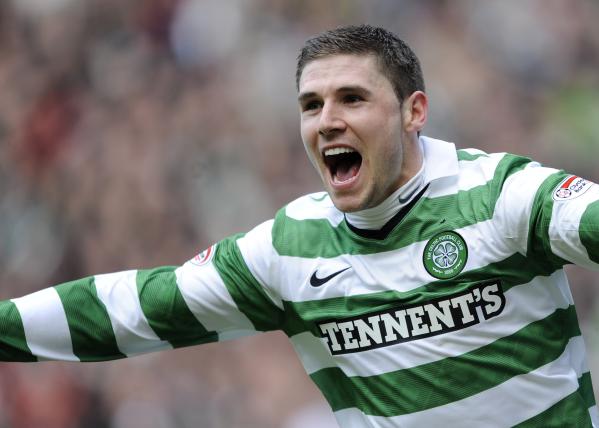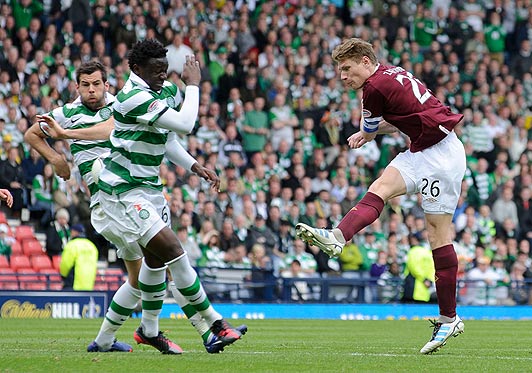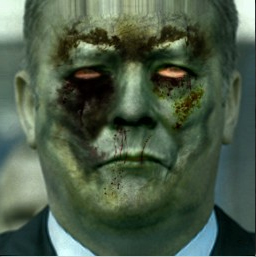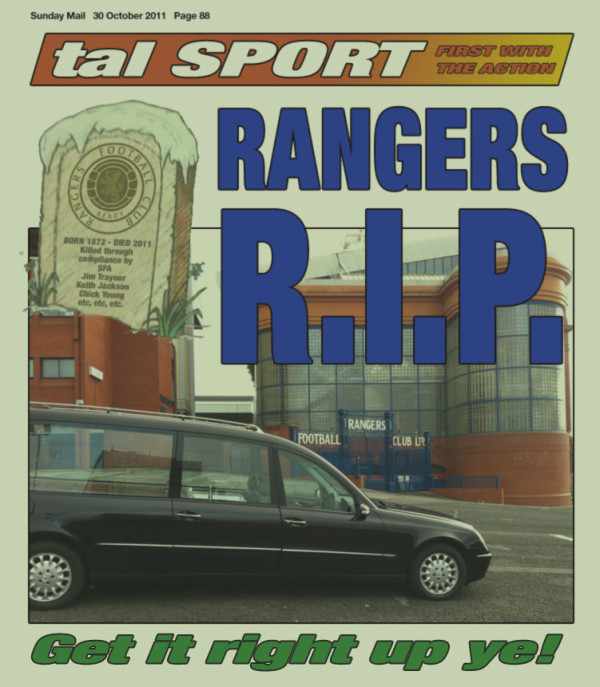Gary scored two against Rangers this season alone – one more than Boyd ever managed against us at Kilmarnock and Rangers combined – with the first of those goals being a thing of beauty. The ball appeared to be heading well wide of the target, before somehow curling around McGregor and into the bottom corner. It reminded me of a very similar goal that Larsson scored against Valencia – a goal that had to be just that good to beat a well in form Santiago Canizares. Hooper’s other goal against Rangers this season came in the final game against them this season, and possibly ever. How fitting would it be if that final goal against our biggest rivals was scored by the man with the number 88 on his back?
But of course I said big teams. Gary Hooper’s true worth to Celtic is not shown in Scotland, but in Europe. Adding to the all too short campaign last season where he scored against Braga but was injured when Utrecht came around, he came off the bench this season to score against Rennes at home. That goal was the clinching third goal, and he also scored the opening goal in Udine that could have – but didn’t due to an equaliser from another terrific striker in Antonio Di Natale – seen us progress beyond the Europa League group stages. One of the things that I’m looking forward to next season is seeing how Gary Hooper gets on in the Champions League. I’m sure that is one of the biggest draws for Gary himself to remain at Celtic for the time being.
The 5-0 win over Hearts was pretty much a tap-in special for Hooper – Kris Boyd would be proud of that – while the big games have seen Hooper once again get on the scoresheet. But what Hooper does elsewhere on the park is just as important. Hooper is a team player, and this is where the comparisons with Boyd disappear completely. It’s not unusual to see Gary dropping deep to try and pick up the ball, but for me there was one moment this season that showed what a valuable asset he can be.
At 1-0, Celtic were looking to kill off Inverness in the second half the Scottish Cup. A pass from Scott Brown was over-hit to Hooper, and although he tried to control it the ball looked to be running out for a goal kick. But Gary kept at it, nicked it away from the defender who was trying to shield it out before then being brought down by him. Penalty kick, and Brown’s finish ensured the game and passage to the next round was secured. All thanks to Hooper never giving up that lost cause.
It hasn’t been the perfect season for Hooper of course, which possibly reflects just why he’s not at the top of this list. As with many others throughout the team, he experienced dips in form. The reason he started on the bench against Rennes was one of those dips, but having come off the bench in that match he then did similar against Motherwell days later to score the vital winner. Unfortunately another dip in form coincided with the League Cup final. Had he taken the early chance he was gifted by Sissoko then perhaps the 6-0 win at Rugby Park would not have been the only thrashing that Kilmarnock received from us as things would have been so very different that day.
In his two seasons at Celtic, Hooper has now scored 51 goals. Of those, 50 have been scored from inside the box. He’s the man in the right place at the right time. The other goal came as the sixth goal in that win at Kilmarnock, and was a terrific effort from just outside the box that left the goalkeeper Cammy Bell with no chance. But although that is his only goal from outside the box to date, he has still been able to score some cracking goals from inside the box too. When you have the likes of Samaras and Stokes who like to wander out wide, the penalty box striker is something that should never be taken for granted.
There are just 28 players in the history of Celtic who have scored 100 goals or more for the club. After only two seasons, Gary Hooper is more than half-way to becoming the 29th. I just hope we don’t cash him in before he gets there. Although I fully expect him to head back south eventually, performing in the Champions League could be the difference between a seven and eight figure sum.





